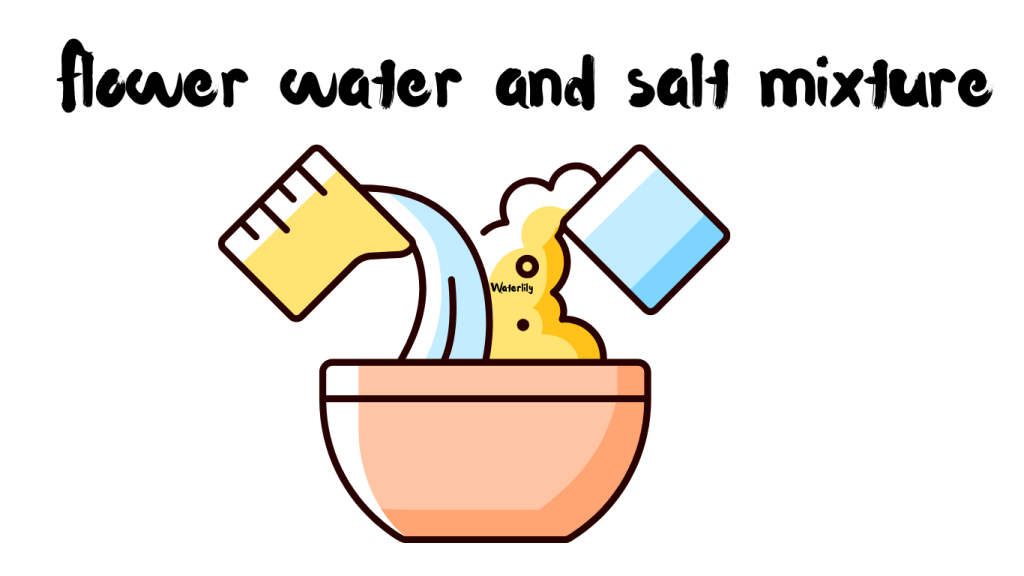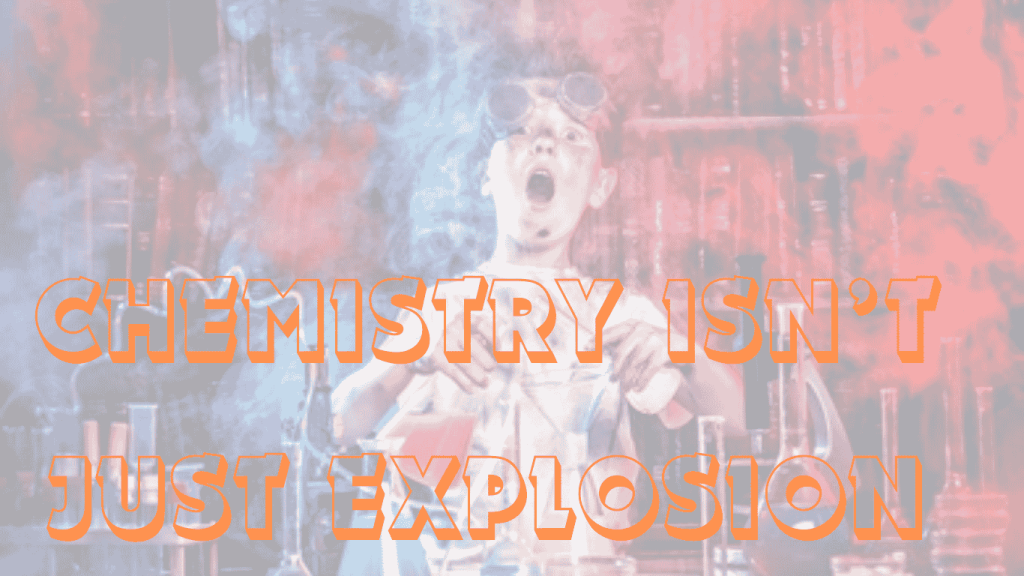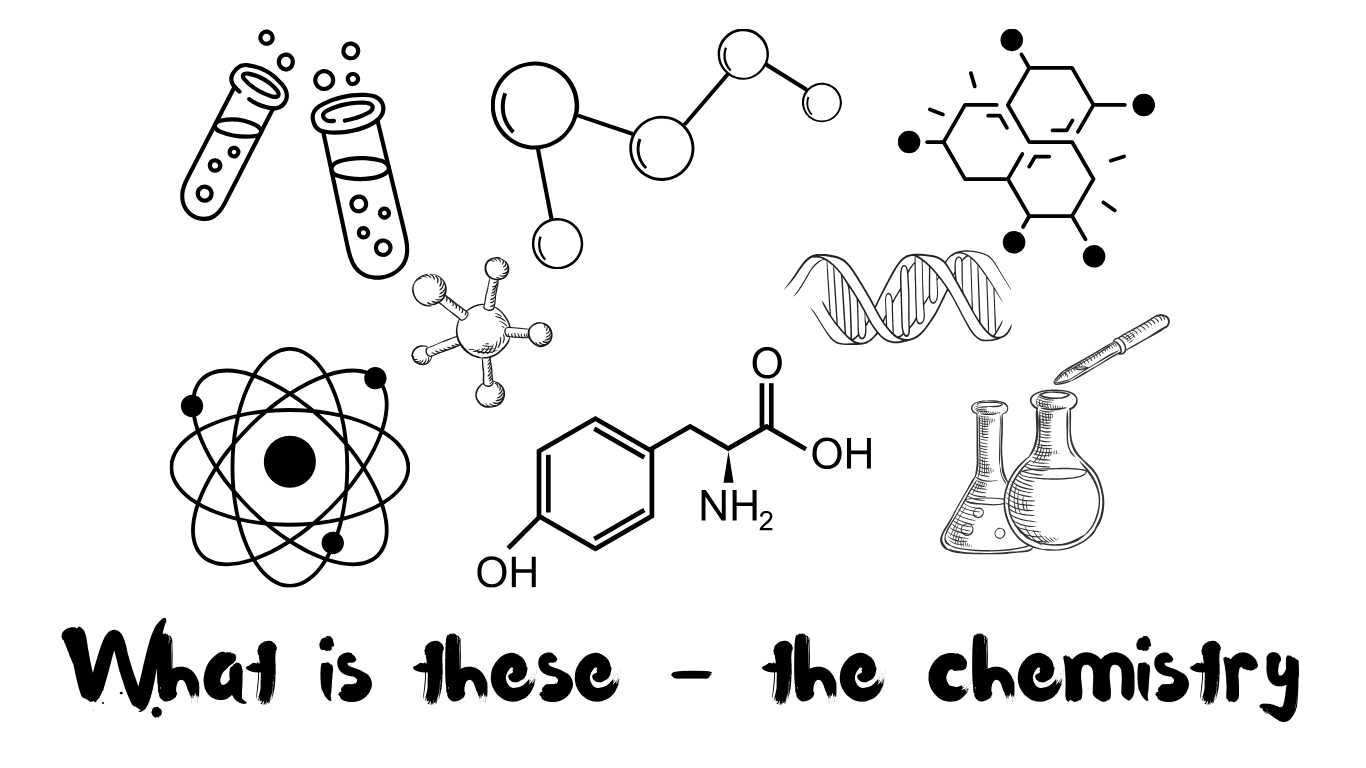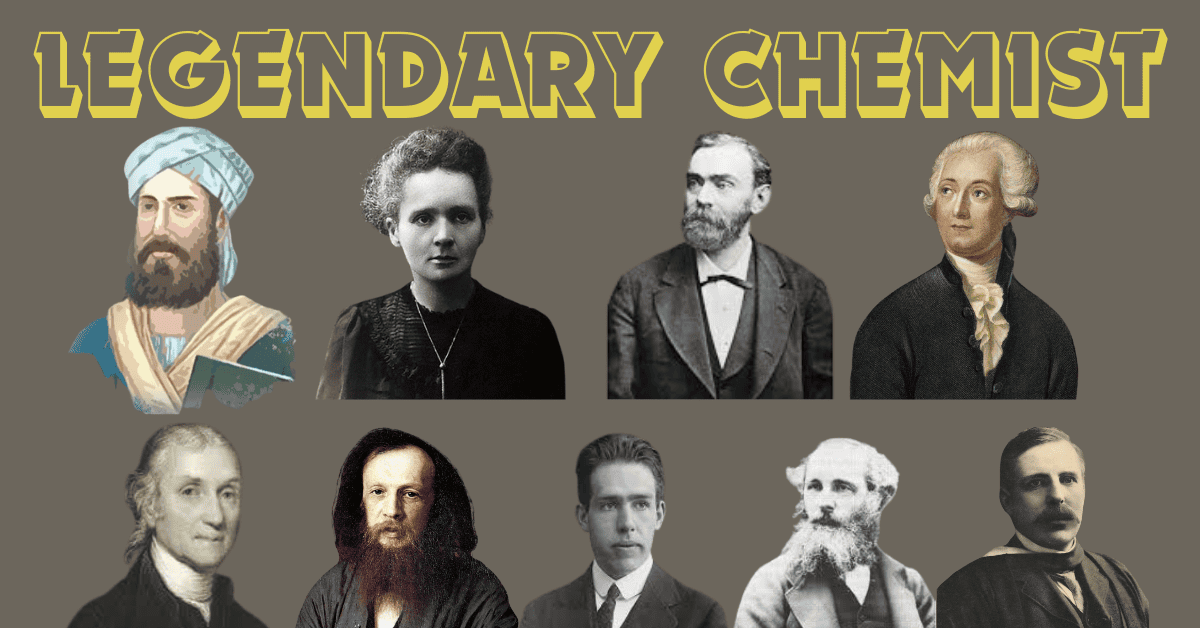Chemistry Definition
Chemistry is all about how things mix, change, and interact at a very small level. For example, when you mix flour with sugar or salt, you’re seeing how tiny particles (atoms and molecules) of these materials come together and blend. Even though you can’t see those particles, they’re interacting and forming a mixture. That’s chemistry in action!

Now, when you try to mix things like a money bag and a watch, nothing really happens because they aren’t made to mix on a chemical level. They’re solid objects, and their tiny particles aren’t designed to interact the way flour and sugar do. To make them interact, you’d have to break them down into smaller parts, like powdering them or using heat (burning) to break their bonds and potentially change them in some way.

For beginners, this is a simple way to understand that chemistry happens when materials can actually interact on a tiny level (atoms and molecules), and some materials don’t interact the same way because their particles aren’t made to mix.
So, in short, chemistry explains why some things mix together and others don’t, based on their tiny building blocks!
Scope Of Chemistry
Chemistry isn’t just about mixing chemicals or creating explosions, like you might see in movies or cartoons. While those dramatic moments do happen in chemistry, chemistry is much broader and more practical in our everyday lives.

It’s not just about mixing materials or making things explode; chemistry is the science behind everything you see and experience in the real world. For example, chemistry is involved in:
- Cooking: When you cook food, chemical reactions happen all the time. For example, when you bake bread, yeast ferments the dough, creating bubbles that make it rise. Or when you burn wood, it reacts with oxygen in the air to create heat and ash.
- Energy Production: Chemistry also explains how energy is created and used. From the fuel in your car to the way your body uses food for energy, chemical reactions are happening all around us to power our daily lives.
- Changing Materials: Whether it’s welding metal to make something new or digestion in your stomach, chemistry is at work. In welding, metal is heated to such a high temperature that it melts and fuses with other metal, while in digestion, food breaks down into smaller parts so your body can absorb the nutrients.
So, while chemistry does include things like mixing chemicals, it also explains the countless reactions and changes that happen in the world around us—whether we’re cooking, building, creating energy, or digesting food. Chemistry is the science behind all of these processes, making it a part of everything we do.
Basically the chemistry explains things like:
- How materials change (like when you burn wood or make bread rise).
- How energy is created (from the fuel in your car to the way your body uses food).
- How substances break apart or combine (like how your stomach digests food or how welding melts and fuses metal).


